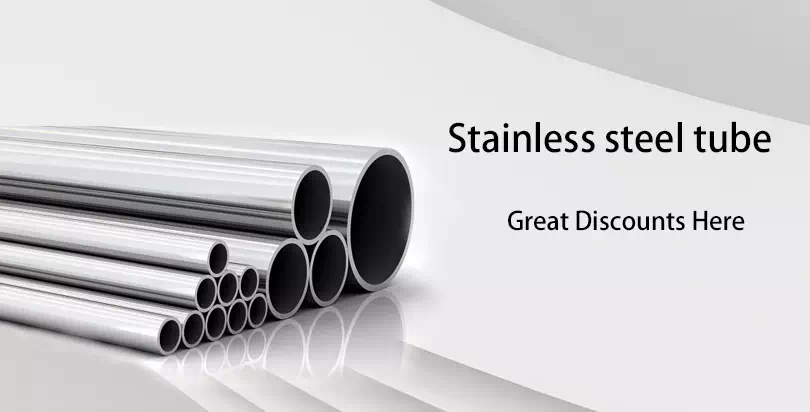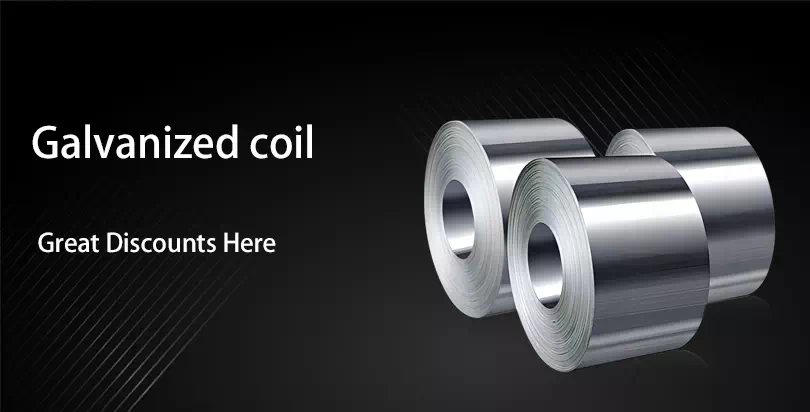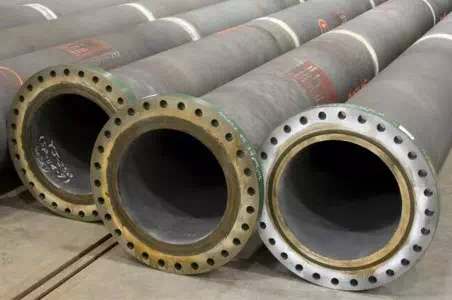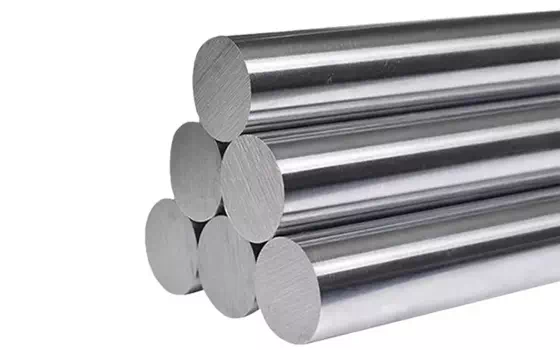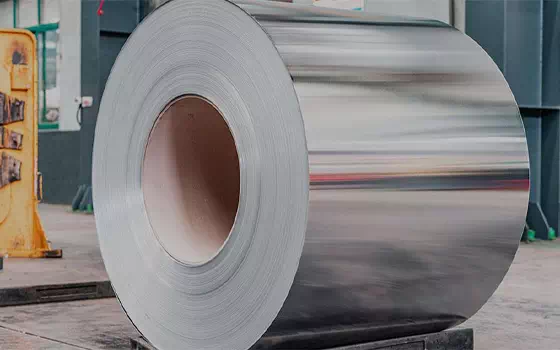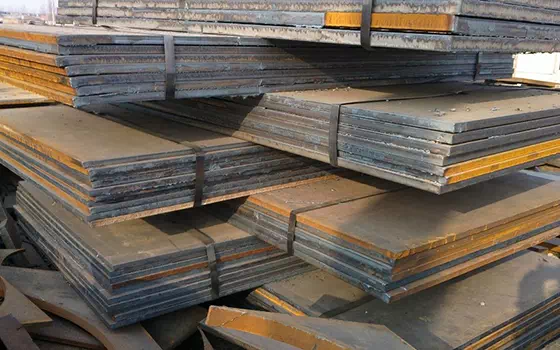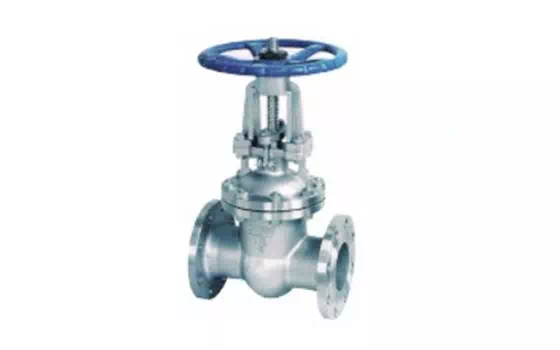Zhishang Iron and steel industrial products have been widely used in oil and gas exploitation, pipeline transportation, urban pipe network construction, building construction, coast and port construction, food and pharmaceutical factory construction and other engineering projects.
Pipe spool manufacturing is a sophisticated process that involves the production of prefabricated pipe components that are designed to be easily integrated into larger scale pipe systems. In pipeline engineering, spool refers to those parts welded by a combination of multiple independent pipe segments, connecting fittings and flanges, which together form a complete unit of the pipeline system.
The starting point of the entire manufacturing process is the design and engineering planning phase of the spool. At this stage, engineers determine the specific dimensions needed for the spool, the type of material selected, and the specifications that must be followed. After the design work is completed, the next step is to cut each pipe segment to the appropriate length according to the design requirements, and do the preparatory work before welding.
Workers then use a variety of welding techniques to firmly join the sections together. Common welding techniques include TIG (tungsten inert gas) welding and MIG (metal inert gas) welding. During the welding process, welds are carefully inspected to ensure their quality and integrity meet industry standards and specifications.
After the welding process is complete, the spool may undergo further process treatment, such as heat treatment or stress relief. The purpose of these subsequent processes is to enhance the strength of the weld and ensure the structural integrity of the spool, thereby increasing its durability and reliability.
The final step in the manufacturing process is the quality inspection and performance testing of the spool. This usually includes pressure testing, etc., to verify that the spool has met the design and functional requirements to ensure that they can meet the predetermined specifications and standards. In order to improve the corrosion resistance of the valve core, it is usually coated or painted, which not only extends its service life, but also prepares for the final installation work.
Compared with traditional field pipe installation methods, pipe spool manufacturing has many advantages. It enables a faster and more efficient installation process and reduces possible errors in field welding, thus ensuring quality and consistency throughout the piping system. In addition, because the spool is manufactured in a controlled factory environment, the impact of weather conditions and other external environmental factors on the manufacturing process can be reduced, further improving the quality and reliability of pipe components.



